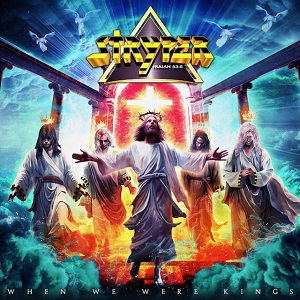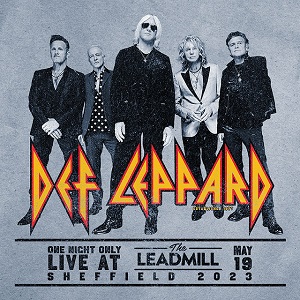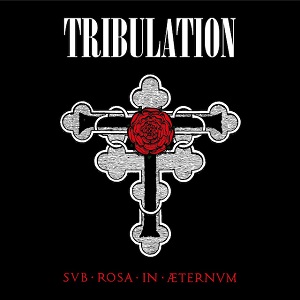Bassist IAN HILL Reflects On 45 Years Of JUDAS PRIEST - “We Just Went A Bit Harder, A Bit Heavier And A Bit Faster Than Others Were Doing At The Time”
May 19, 2015, 9 years ago

Daily Herald has released a Q&A; conducted with Judas Priest bassist Ian Hill, who reflects on his career in the band. An excerpt follows:
Q: Following the departure of co-founding Judas Priest guitarist K.K. Downing in 2011, you're the only member of Judas Priest to have been present for, literally, every band moment of the past 45 years. How does that feel?
A: “It doesn't feel that long. It's something you never think about unless somebody points it out. We get all these little anniversaries that come up - 30 years for this and 20 years for that. It never registers until some third party tells us about it because it doesn't seem that long! I think it's because we've enjoyed it after all the years. And we're still enjoying it today. But it doesn't seem like 40 years at all. I think that the enjoyment part of it and the dedication and all the rest of it is all part of that.”
Q: You've used the words "key instigators of heavy metal" to describe Judas Priest. Were you aware, at that time, of the fact that you were creating a form of music that was completely different?
A: “I don't think we were, no. It's something that evolved over the years. It wasn't sort of something that happened overnight. Judas Priest evolved the same as everybody else. We started playing, in the 1960s, early '70s, what people called "heavy rock" or "progressive rock”. I can remember us making a conscious effort to try and steer clear of the 12-bar element (although there are one or two songs in there over the years that have had that sort of three-chord battishness). But we stayed clear of that. We just went a bit harder, maybe, a bit heavier and a bit faster than others were doing at the time.
I think everything gelled into place probably around (the) British Steel album (in 1980), which was, I think, an era-defining moment. From there on in we had that direction. We went album for album from British Steel right up to Defenders Of The Faith. And that was really the end of that sort of line. After that, we sort of did the experimental Turbo album using guitar synthesizers and what have you. Then we took on the harder edge with Ram It Down and Painkiller after that.”
Q: You were instrumental in bringing Rob Halford into the Judas Priest fold as vocalist.
A: “Sort of, yeah. I can't really claim all credit for it, to be honest. But I was dating his sister at the time. And the original vocalist, Al Atkins, we were only playing clubs and bars, and what have you, at that time. We're talking 1971, maybe, or something like that. (Al's) wife became pregnant and he just couldn't afford to carry on with the band. So he had to leave.
I was dating Sue (Halford) at the time, Rob's sister, and she said, ‘Oh, you should give (Rob) a listen’. So we did. (K.K. Downing) and I went over there and listened to him. I think he came into the room while he was humming harmonies to an Ella Fitzgerald song that was on the radio at the time. And it was like, ‘Oooh, harmonies! Clever!’ And we went from there.
The drummer that was with us at the time, Chris Campbell, decided to leave as well. So Rob brought his drummer with him from a band called Hiroshima, John Hinch, and we carried on with Judas Priest. And not long after that - maybe about a year after that, '73 or something like that - (guitarist) Glenn (Tipton) joined the band. And we did the first album Rocka Rolla."
Read more at this location.











